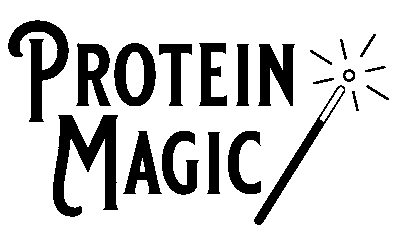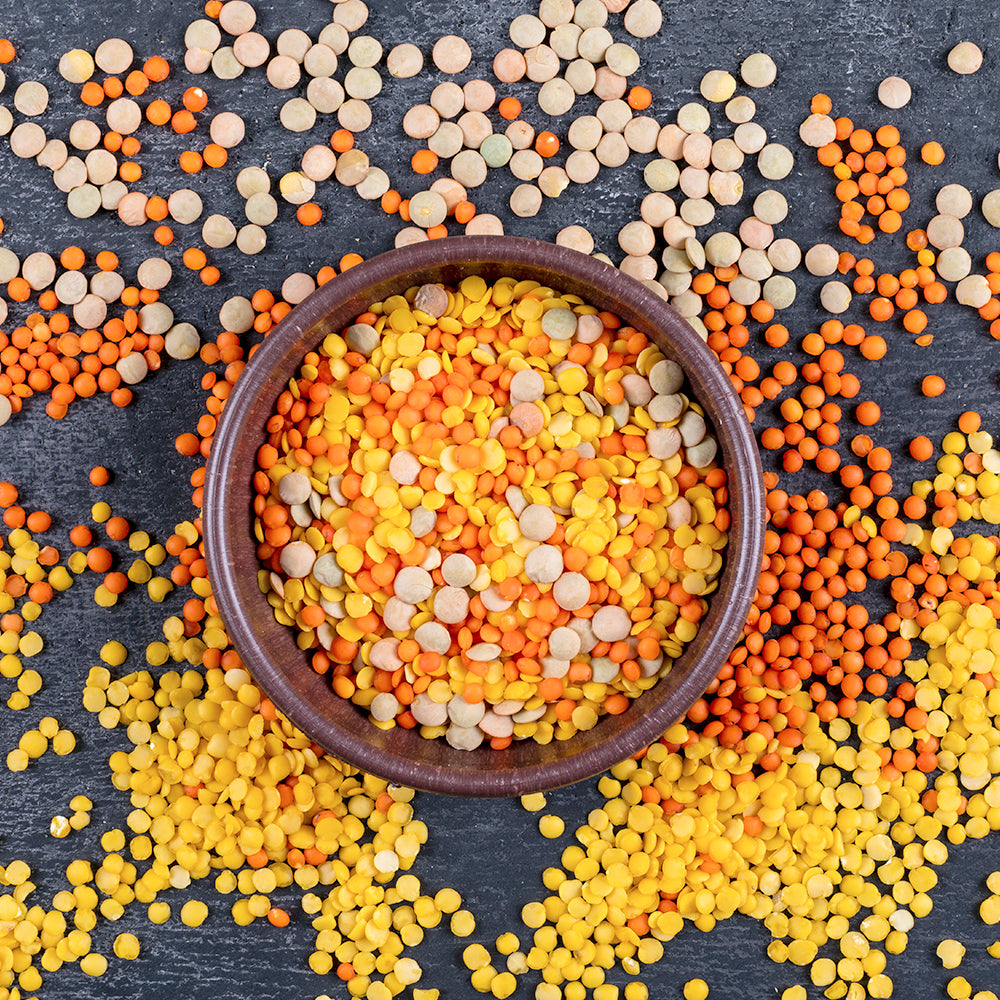In recent years, the spotlight on plant-based diets has illuminated the incredible array of protein-rich foods available beyond animal sources. Whether you're a vegan, vegetarian, or simply seeking to diversify your protein intake, incorporating plant-based protein sources into your diet offers numerous health benefits. Let's delve into the world of nutrition and explore ten outstanding plant-powered foods that pack a powerful protein punch.
- Lentils: These tiny legumes are protein powerhouses, offering around 18 grams of protein per cooked cup. Versatile and easy to include in various dishes, lentils provide an excellent base for soups, stews, and salads.
- Quinoa: Often dubbed a superfood, quinoa is a complete protein, meaning it contains all nine essential amino acids. With about 8 grams of protein per cooked cup, this ancient grain is a fantastic addition to meals or as a standalone dish.
- Chickpeas: A staple in many cuisines worldwide, chickpeas boast approximately 15 grams of protein per cooked cup. Whether roasted for a crunchy snack, blended into hummus, or added to curries, their versatility makes them a kitchen favorite.
- Hemp Seeds: These tiny seeds might be small, but they pack a nutritional punch. Around 10 grams of protein per ounce makes hemp seeds an excellent addition to smoothies, salads, or even baked goods.
- Tofu: Derived from soybeans, tofu is a highly versatile plant-based protein, offering approximately 10 grams of protein per 3-ounce serving. Its neutral taste allows it to take on various flavors, making it a go-to ingredient in savory and sweet dishes alike.
- Black Beans: Black beans, a beloved component of Latin American cuisine, contain roughly 15 grams of protein per cooked cup. They're perfect for adding heartiness to salads, tacos, or as a standalone side dish.
- Spirulina: This blue-green algae is a powerhouse of nutrients, including protein. A single tablespoon of spirulina powder contains around 4 grams of complete protein, making it an excellent addition to smoothies or health-focused beverages.
- Peas: Both green peas and split peas offer a substantial protein boost, with around 8 grams of protein per cooked cup. They're versatile ingredients, lending themselves well to soups, stir-fries, and pasta dishes.
- Seitan: Made from wheat gluten, seitan provides an impressive protein content of about 21 grams per 3-ounce serving. Its meat-like texture makes it a popular choice for plant-based meat alternatives.
- Almonds: Among nuts, almonds stand out for their protein content, delivering around 6 grams of protein per ounce. They're a convenient snack, add crunch to salads, or can be transformed into almond butter for a tasty spread.
Incorporating these plant-based protein sources into your diet offers not just protein but also a spectrum of essential nutrients. Moreover, embracing a diet rich in these foods can contribute to better overall health by reducing the intake of saturated fats and increasing fiber and antioxidant consumption.
Beyond their nutritional value, these plant-powered proteins offer sustainable and environmentally friendly options. They often have a lower carbon footprint compared to animal-based protein sources, making them an eco-conscious choice.
In conclusion, the world of plant-based proteins is vast and full of diverse options to suit various tastes and dietary preferences. Embracing these top ten plant-powered protein sources opens up a world of culinary possibilities, promoting not just personal health but also environmental sustainability. Whether you're aiming for a fully plant-based diet or seeking to incorporate more variety into your meals, these foods are stellar choices for boosting your protein intake in a wholesome, plant-forward way.

